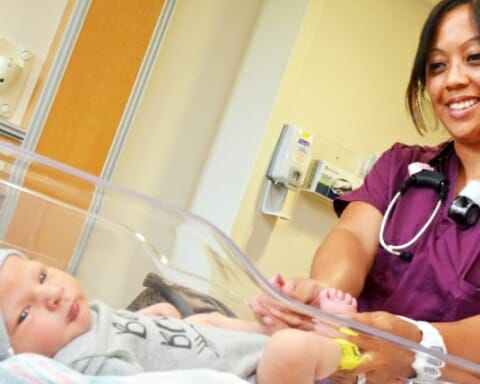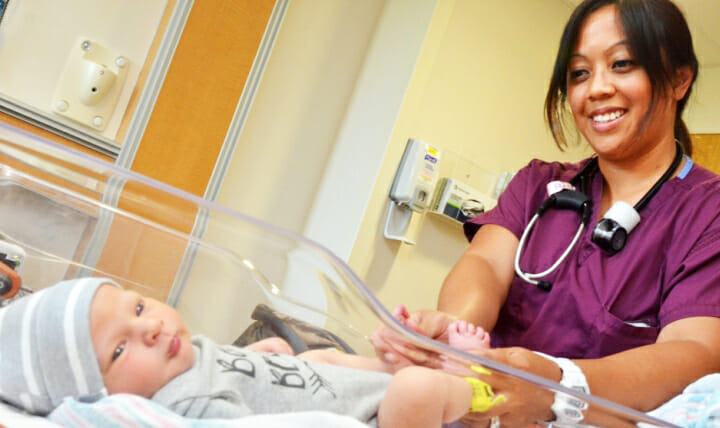Getting pregnant on the twenty-first day of the menstrual cycle is entirely dependent on the woman’s particular cycle. Most women have regular cycles every twenty-eight days, but cycles can be as short as every twenty days to as long as every forty days.
It is important for women to track their periods so they know the exact length of their cycles. However, keep in mind that the length of a woman’s cycle may change from one month to another depending on various internal and external factors.
Also read on this website: What Is the Safest Time Not to Get Pregnant?
The Likelihood of Pregnancy on the Twenty-first Day of a Cycle
For a regular cycle that occurs every twenty-eight days, women usually start approaching their fertile window by the seventh day, depending on how long the period bleeding lasts. The typical fertile window for a regular cycle is between the twelfth and twentieth day.
In a regular cycle, ovulation usually occurs on the fourteenth day of the cycle, although ovulation can occur anytime within the fertile window. The exact day varies depending on the individual, even among women who have regular cycles.
The length of the fertile window also accounts for the fact that the sperm can survive for some time before breaking apart. In fact, sperm can survive for several days in a woman’s body, so if sexual intercourse occurs before ovulation, fertilization is still possible once ovulation occurs.
In contrast, an ovum is only viable for up to twenty-four hours after ovulation. However, since the exact timing of ovulation is unpredictable, fertilization is still possible even if a woman has sex as late as the twenty-first day of her cycle since ovulation could have occurred anytime between the twelfth and twentieth day. So, yes, it is possible to get pregnant on the twenty-first day of a cycle.
Shorter Period Cycles
If a cycle is between twenty-one and twenty-five days, ovulation occurs much earlier in the cycle, between the ninth and twelfth days.
By the eighteenth day, the fertile window is already closed. Getting pregnant on the twenty-first day of a cycle is, therefore, impossible. By then, the uterine walls will be shedding in preparation for the next period bleeding.
Women with shorter period cycles tend to get pregnant immediately after their cycles or during the last days of their cycles since sperm can still fertilize an egg two or three days later.
Fertility Awareness
Most women use period trackers to calculate their fertile windows. However, women can use the body’s natural changes to predict the fertile window as well. Women who are trying to get pregnant often use the fertile window as a family planning method. Essentially, the fertile window determines whether or not a woman can get pregnant on the twenty-first day of her cycle.
Conclusion
Getting pregnant on the twenty-first day of a cycle depends on many factors, such as the length of the cycle, the length of period bleeding, and the length of the fertile window. External factors like changes in climate also affect women’s cycles. In any case, women whose cycles occur every twenty-eight to thirty days are more likely to get pregnant on the twenty-first day of a cycle.













